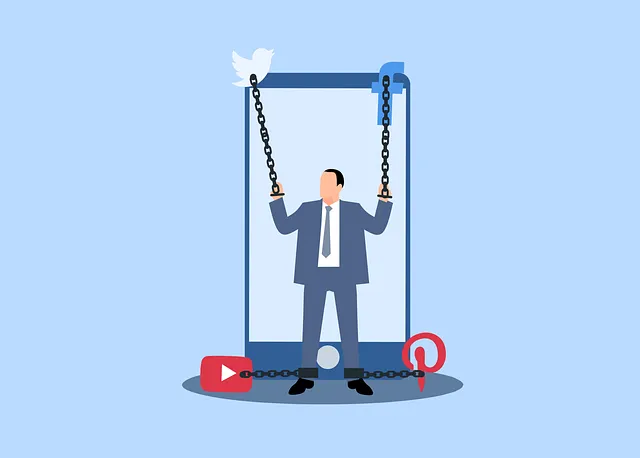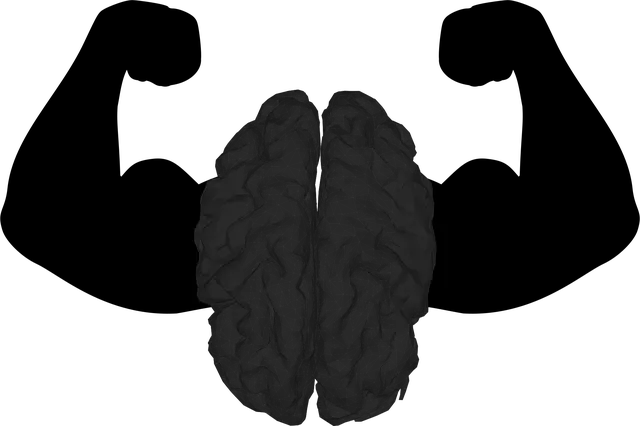The Kaiser Permanente mental health center Centennial prioritizes patient care through the RFM (Risk, Frequency, Mood) framework, offering personalized interventions based on risk analysis and emotional tracking. They excel in resilience-building by implementing tailored exercises, from mindfulness to community engagement, fostering a supportive environment. Continuous improvement drives success, evidenced by regular KPI tracking, client feedback integration, and dynamic program adaptations, ensuring impactful mental health care at Kaiser Permanente Centennial.
Resilience is a powerful tool in mental health care, especially in navigating today’s challenges. The RFM (Resilience, Flexibility, and Mastery) model offers a structured approach to enhancing resilience, as demonstrated by the successful implementation at the Kaiser Permanente Mental Health Center in Centennial. This article explores the significance of RFM, presents a case study highlighting its impact, provides practical strategies for implementing resilience-building exercises, and discusses measuring success and continuous improvement within healthcare settings, particularly focusing on the Kaiser Permanente mental health center Centennial’s experience.
- Understanding RFM and its Significance in Mental Health Care
- Kaiser Permanente Mental Health Center Centennial: A Case Study
- Implementing Resilience-Building Exercises: Practical Strategies
- Measuring Success and Continuous Improvement at the Center
Understanding RFM and its Significance in Mental Health Care

At the Kaiser Permanente mental health center Centennial, understanding RFM (Risk, Frequency, and Mood) is paramount in delivering effective care. This framework offers a structured approach to assessing and managing patient emotional states, particularly crucial for mental health professionals navigating complex cases. By analyzing risk factors, tracking treatment frequency, and monitoring mood patterns, healthcare providers gain valuable insights into each patient’s unique journey.
This holistic perspective allows for personalized interventions, including strategies for enhancing Emotional Intelligence and effective Mood Management techniques. Moreover, integrating RFM analysis within Risk Management Planning for Mental Health Professionals enables proactive identification of potential challenges and facilitates timely intervention. This comprehensive approach ensures that patients receive tailored support, ultimately contributing to improved outcomes at the Kaiser Permanente mental health center Centennial.
Kaiser Permanente Mental Health Center Centennial: A Case Study

The Kaiser Permanente Mental Health Center Centennial stands as a shining example of how comprehensive resilience-building exercises and risk assessment strategies can transform mental healthcare. This renowned facility has pioneered innovative approaches to foster emotional healing processes among professionals, demonstrating the profound impact such initiatives can have on a large-scale healthcare organization.
By implementing tailored programs aimed at enhancing mental health awareness and resilience among its workforce, Kaiser Permanente has successfully navigated the challenges faced by mental health professionals. Their approach involves regular Risk Assessment for Mental Health Professionals, ensuring early identification of risks and providing targeted interventions. This proactive measure has not only improved staff well-being but also significantly enhanced patient care by fostering a supportive and resilient work environment.
Implementing Resilience-Building Exercises: Practical Strategies

Implementing Resilience-Building Exercises at Kaiser Permanente mental health center Centennial involves practical strategies that cater to both individual and collective well-being. The first step is to assess the needs and interests of the community, ensuring activities resonate with participants. Incorporate a variety of exercises focusing on mindfulness, stress management, and emotional healing processes. Simple yet effective practices like meditation, deep breathing techniques, and yoga can be easily integrated into daily routines at work or home.
These initiatives should be framed as opportunities for Inner Strength Development, fostering an environment where individuals feel supported and empowered to navigate challenges. Regularly review and adapt these programs based on feedback from participants. By making resilience-building exercises accessible and engaging, Kaiser Permanente mental health center Centennial can contribute to a healthier, more resilient community, ultimately enhancing the overall well-being of its clients and staff.
Measuring Success and Continuous Improvement at the Center

At the Kaiser Permanente mental health center Centennial, measuring success goes beyond simple numbers. It involves assessing the profound impact on individuals and the community at large. Through regular evaluation, the center tracks key performance indicators (KPIs) related to client outcomes, satisfaction rates, and adherence to evidence-based practices. This data-driven approach ensures that services are not only effective but also tailored to meet the unique needs of the population served.
Continuous improvement is deeply embedded in the center’s culture. By analyzing feedback from clients and healthcare providers, staff can identify areas for enhancement, whether it’s refining programs like Depression Prevention or Burnout Prevention Strategies for Healthcare Providers, or implementing new Mental Illness Stigma Reduction Efforts. This iterative process fosters a dynamic environment where resilience-building exercises evolve, ensuring they remain relevant and impactful over time.
The implementation of RFM (Resilience, Flexibility, and Mental Agility) programs, as seen in the case study of the Kaiser Permanente Mental Health Center Centennial, offers a promising approach to enhancing mental health care. By integrating resilience-building exercises into treatment plans, healthcare providers can empower individuals to navigate life’s challenges more effectively. This article has explored the significance of RFM, provided practical strategies for implementation, and highlighted successful outcomes measured through continuous improvement. Such programs have the potential to revolutionize mental health support, ensuring individuals leave treatments with invaluable tools for long-term well-being, particularly in dynamic environments like Kaiser Permanente Mental Health Center Centennial.






